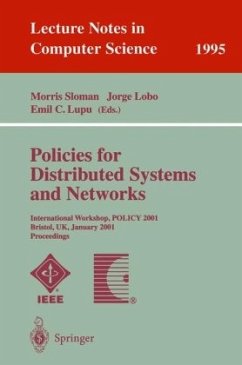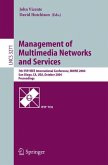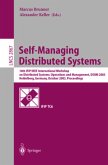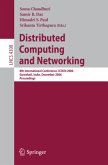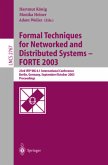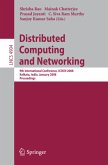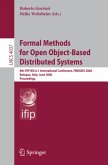Policy based systems are the subject of a wide range of activities in univer- ties, standardisation bodies, and within industry. They have a wide spectrum of applications ranging from quality of service management within networks to - curity and enterprise modelling. This Lecture Notes volume collects the papers presented at the workshop on Policies for Distributed Systems and Networks held at the Hewlett-Packard Laboratories in Bristol, UK in January 2001. After a rigorous review process 16 papers were selected from 43 submissions. Within the Internet community there is considerable interest in policy based networking. A number of companies have announced tools to support the sp- i?cation and deployment of policies. Much of this work is focused on policies for quality of service management within networks and the Internet Engineering and Distributed Management Task Force (IETF/DMTF) is actively working on standards related to this area. The security community has focused on the speci?cation and analysis of - cess control policy which has evolved into the work on Role-Based Access Control (RBAC). There has been work over a number of years in the academic c- munity on speci?cation and analysis of policies for distributed systems mostly concentrating on authorisation policies. Although there are strong similarities in the concepts and techniques used by the di?erent communities there is no commonly accepted terminology or notation for specifying policies.

